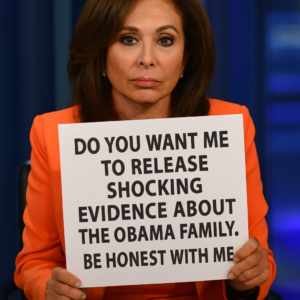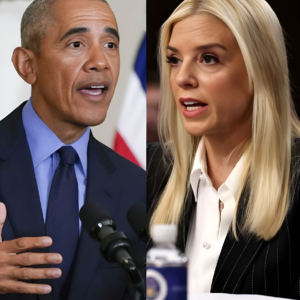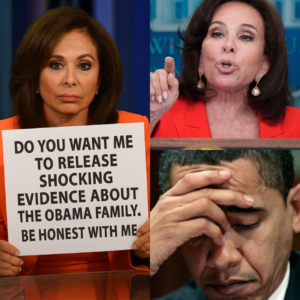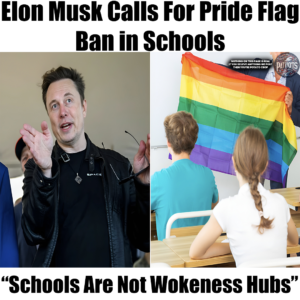
At 84, Bob Dylan could have stayed silent. He could have let Jimmy Kimmel’s suspension and quiet return fade as just another headline in America’s endless culture wars. Instead, the Nobel Prize–winning bard — once the voice of rebellion in the 1960s — chose defiance over quiet. And with just a few words, he has once again shaken politics, media, and the artistic world.
His statement began not with anger but with memory.
“When I was a boy in Minnesota, I used to sit in a tiny room, playing my father’s old guitar. Every time the neighbors knocked on the door and told me, ‘Be quiet,’ it felt like the music in my heart was being strangled. If I had obeyed back then, maybe I would have never sung again.”
That recollection — half parable, half confession — set the stage for Dylan’s warning.
“Disney and ABC think bringing Jimmy Kimmel back will calm us? No. This isn’t about one show — it’s about the freedom and creativity of an entire generation. When the right to speak is suffocated, art withers, and we step into an age of darkness.”
With those words, Dylan reframed a media scandal into something larger: a fight for the survival of artistic freedom.
The Spark: Kimmel, Kirk, and a Suspended Show
The controversy began earlier this month after late-night host Jimmy Kimmel made remarks about the assassination of conservative activist Charlie Kirk at Utah Valley University. Critics on the right branded his words “insensitive.” On September 17, ABC — owned by Disney — suspended Jimmy Kimmel Live! for five days while conducting an “internal review.”
The move stunned Hollywood. Protesters rallied in New York with signs declaring “Disney Bows to Trump Extortion.” Free speech advocates accused ABC of caving to political pressure after Donald Trump, in his second term, had repeatedly called for liberal talk-show hosts to be taken off the air.
On September 22, Kimmel was reinstated, but the damage was done. The episode became a cultural flashpoint, proof to many that even established entertainers were vulnerable to political interference.
It was in that climate that Bob Dylan stepped forward.
Dylan’s Defiance: The Past Speaking to the Present
Dylan has largely avoided direct political commentary in recent decades. Once the fiery voice of anti-war rallies and civil rights marches, he spent much of the last 20 years touring quietly, recording, and writing.
But Kirk’s assassination — and Kimmel’s brief silencing — stirred something in him.
“Dylan knows what it’s like to be told to shut up,” says cultural historian Marcus Heller. “In the 1960s, when he sang against war and injustice, many wanted him silenced. He didn’t stop then. He isn’t stopping now.”
And Dylan himself made the point unmistakable:
“When you silence comedians, when you punish artists for speaking, you’re not protecting society. You’re teaching people to fear their own voice.”
Disney, ABC, and the Weight of Corporate Power
Dylan didn’t limit himself to defending Kimmel. He attacked the system itself.
“This isn’t about Jimmy. This is about corporations deciding what kind of voices they want to let live. And when corporations bend to political threats, they become instruments of silence, not platforms of art.”
Industry insiders note that Disney’s decision came at a precarious moment. The company is entangled in multiple regulatory battles, with mergers and antitrust reviews pending in Washington. Many speculate that silencing Kimmel was less about his words than about appeasing Trump’s administration.
“Bob Dylan is saying out loud what many in Hollywood whisper,” says entertainment journalist Claire Radford. “Networks are terrified of angering the White House. And when profits are at stake, free speech becomes negotiable.”
Trump’s Shadow
No story about silencing media can escape Donald Trump’s shadow.
During his first presidency, Trump repeatedly attacked networks as “fake news” and “the enemy of the people.” In his second term, observers say he has gone further, leveraging regulatory bodies and political threats to reshape the media landscape.
Just weeks before Kimmel’s suspension, CBS abruptly canceled The Late Show with Stephen Colbert. Officially, the reason was ratings. But the timing — days after Colbert mocked both Trump and CBS executives — fueled speculation of political interference.
Now, Dylan’s words are being read as a direct challenge to Trump’s grip on cultural institutions. “He’s calling out what Nixon tried and failed to do,” says historian Oscar Winberg. “The difference is that today’s networks are more vulnerable.”
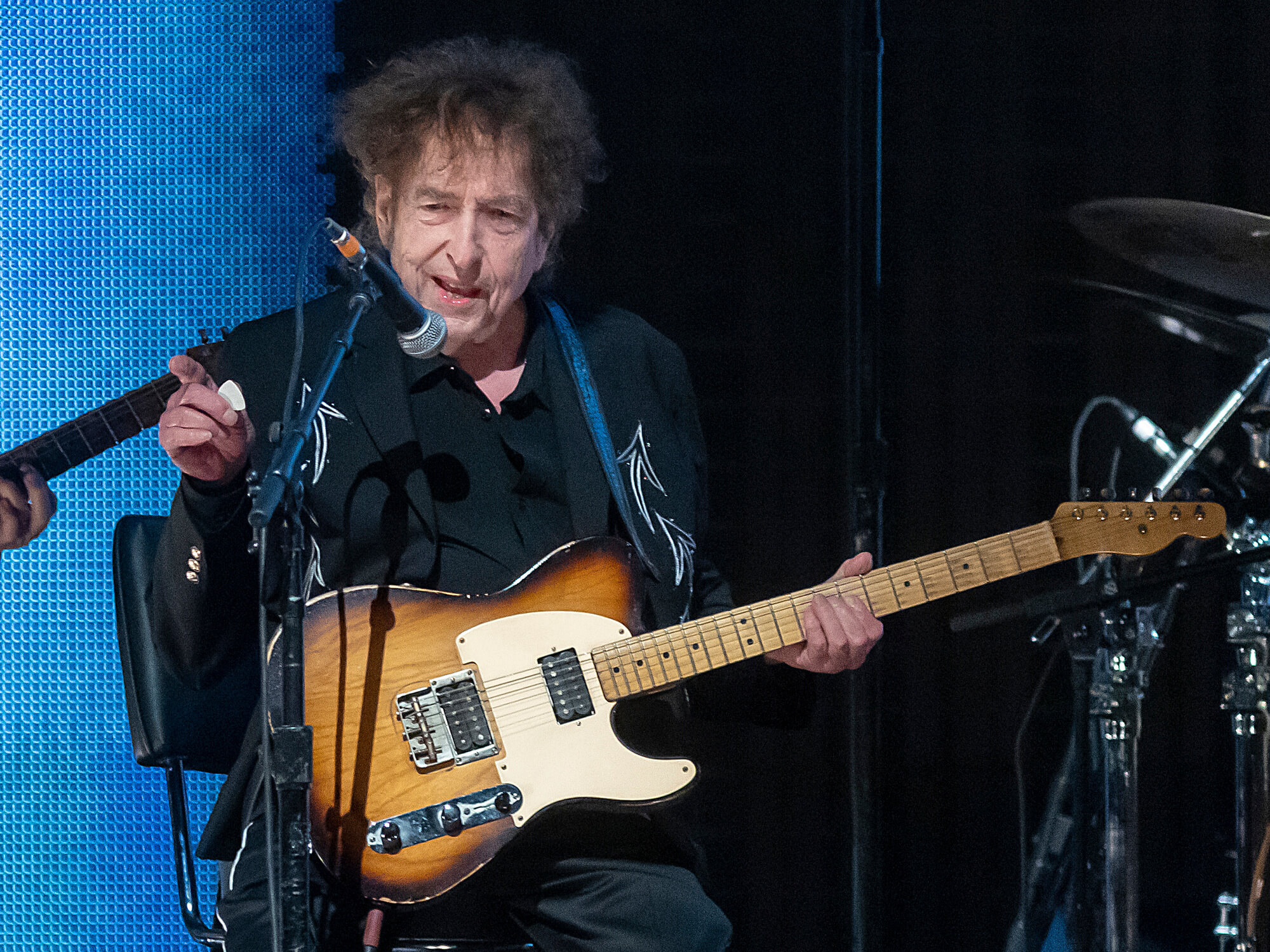
Divided Reactions: Hero or Provocateur?
As always with Dylan, reactions split sharply.
Supporters hailed him as a cultural elder refusing to bow to intimidation. Hashtags like #DylanSpeaks and #FreeVoices trended worldwide. Younger fans, many born long after his 1960s heyday, praised his statement as “the unexpected speech of a generation.”
Critics, however, were harsh. Conservative commentators accused him of “romanticizing insubordination” and “pouring gasoline on tragedy.” Fox News host Karoline Leavitt sneered: “Bob Dylan hasn’t been relevant in decades. Now suddenly he wants to define free speech? Spare me.”
Even some admirers worried about the risks. “Musically, Dylan’s legacy is unshakable,” says biographer Paul Williams. “But politically, he’s entering dangerous waters. History remembers those who spoke out — but also those who overreached.”
Echoes of the 1960s
To understand Dylan’s fire today, one must revisit the 1960s, when he became the reluctant prophet of a generation.
Back then, he sang against war, inequality, and oppression. Politicians called him subversive; critics told him to stay quiet. Yet his songs — Blowin’ in the Wind, The Times They Are A-Changin’ — became anthems of change.
Now, six decades later, Dylan sees the same forces at work: different names, different players, but the same battle between power and voice. And once again, he refuses to remain quiet.
The Fear of an “Age of Darkness”
Perhaps the most chilling part of Dylan’s statement was its conclusion:
“When the right to speak is suffocated, art withers, and we step into an age of darkness.”
The imagery is apocalyptic, and intentionally so. “He’s not talking about one show or one network,” says analyst Meredith Goodwin. “He’s talking about the trajectory of society. If fear and corporate compliance become the norm, then creativity — the soul of culture — dies.”
For Dylan, this is not theory. From childhood neighbors telling him to stop playing guitar to critics dismissing his protest songs, he has lived the fight to be heard. Now, he fears America is about to repeat that mistake.
What Comes Next?
Whether Dylan’s words become a spark or a flame depends on what follows.
Will artists rally around his call, igniting a new wave of cultural defiance? Or will corporations tighten their grip, citing “stability” to justify more censorship?
Some insiders believe Dylan’s intervention could catalyze a “second 1960s,” with comedians, musicians, and actors uniting around free speech as a shared cause. Others warn it could backfire, strengthening Trump’s narrative of Hollywood as hostile to conservative America.
The Last Great Stand?
At 84, Dylan is acutely aware that every public word may be his last great message. He could have spent his twilight years quietly, his music already immortal. Instead, he has chosen risk — one final stand for freedom.
“Dylan has nothing to lose,” says historian Marcus Heller. “He isn’t selling albums or chasing fame. He’s chasing truth. And whether you agree with him or not, that makes his words powerful.”
So is Dylan’s defiance bravery, or the spark of scandal? The answer depends on what America does next.
But one truth is clear: once again, Bob Dylan has reminded the world that silence is not an option.
And in doing so, he has forced America to confront the most dangerous question of all: Are we ready to let the music die?

